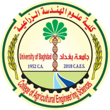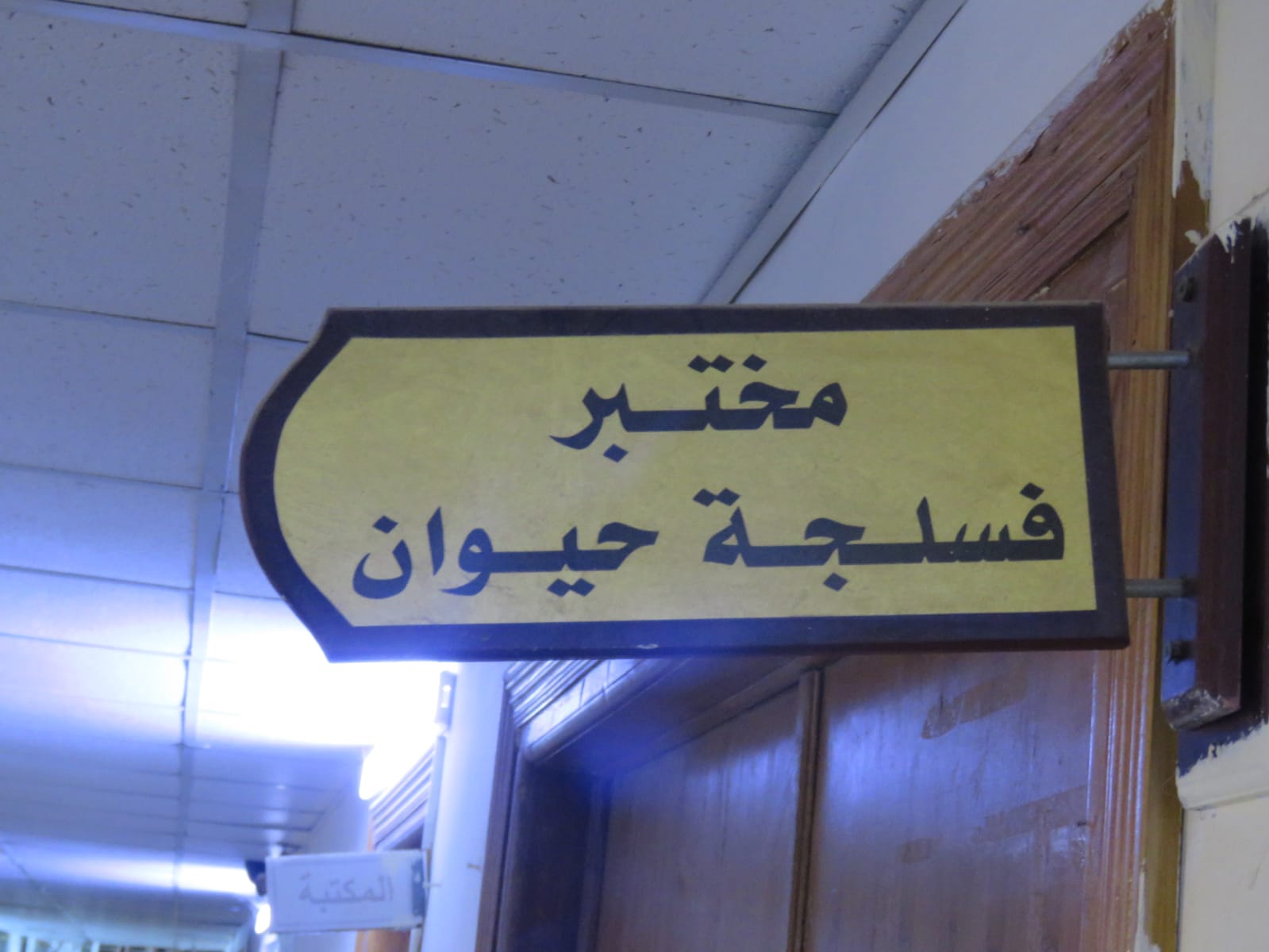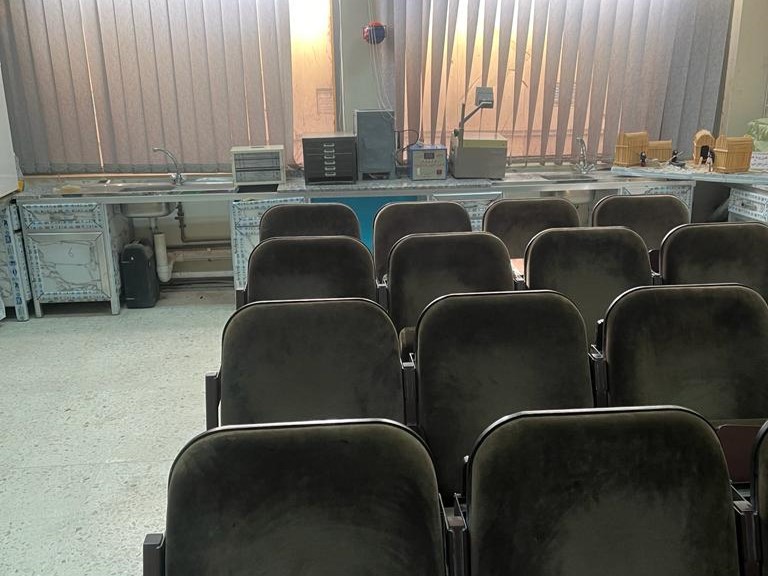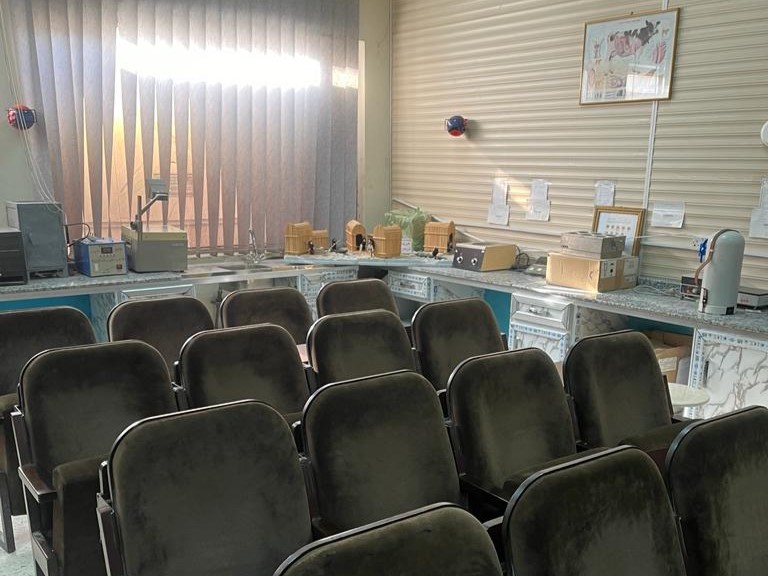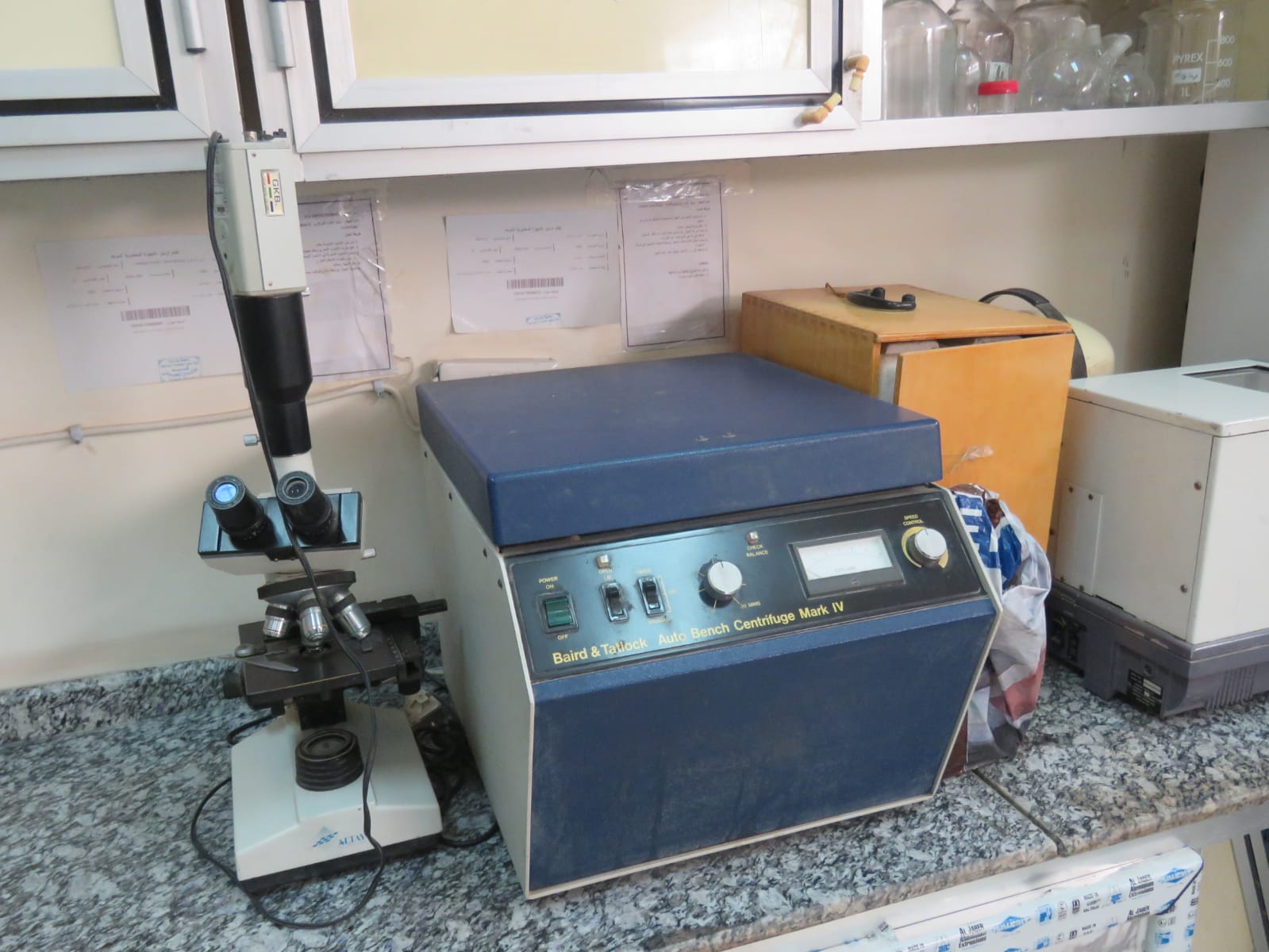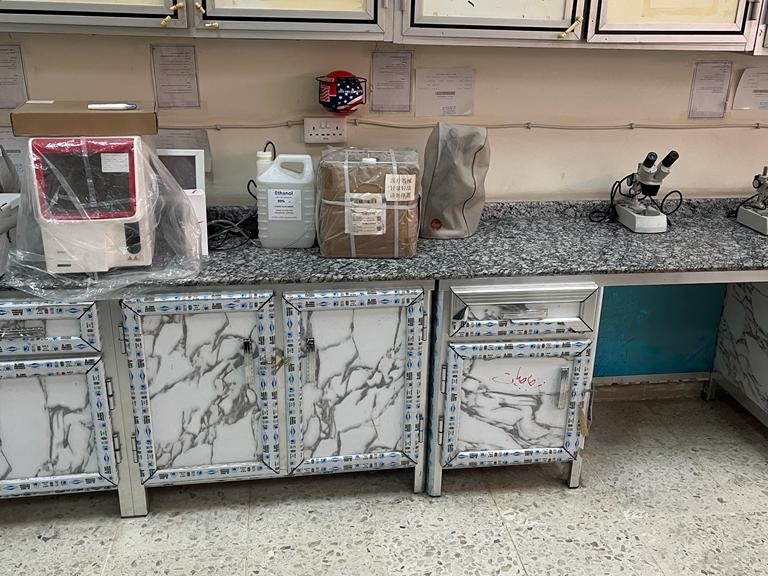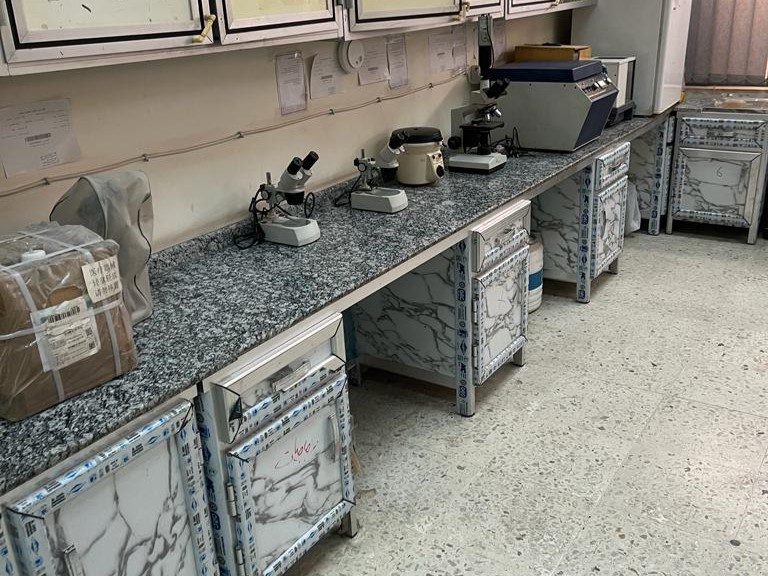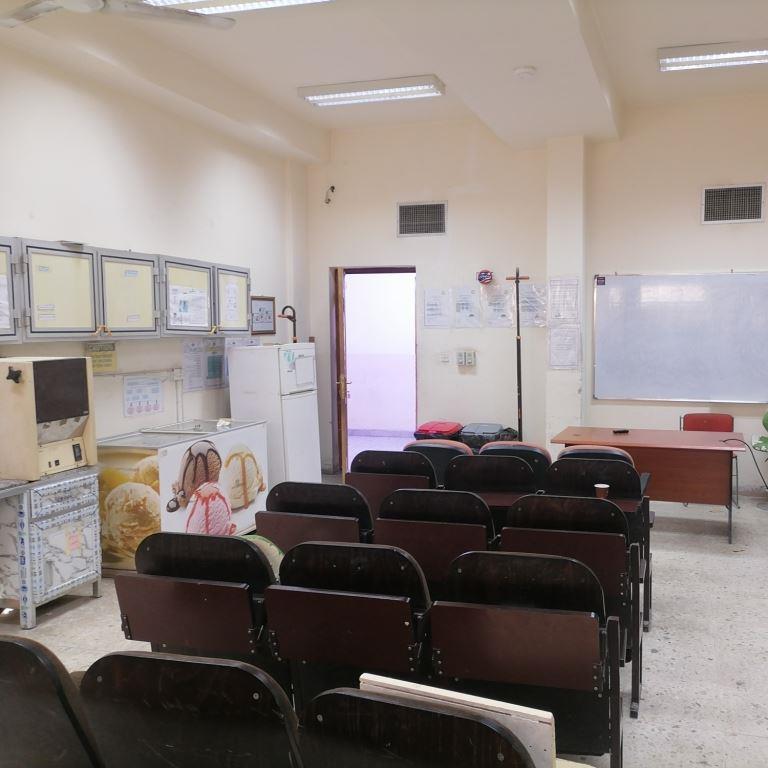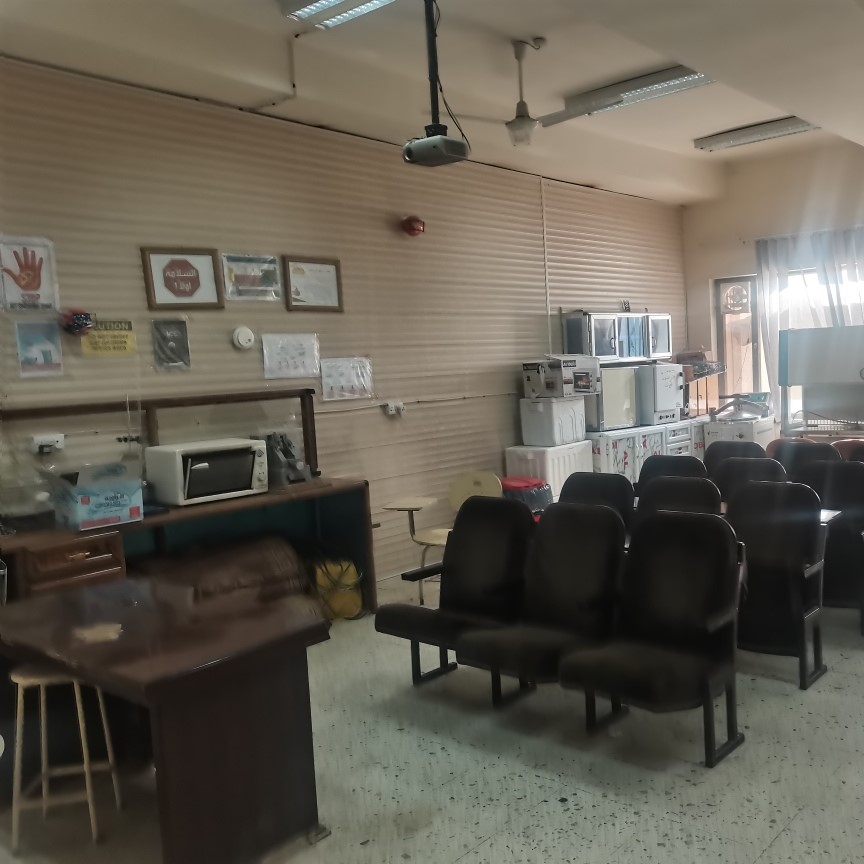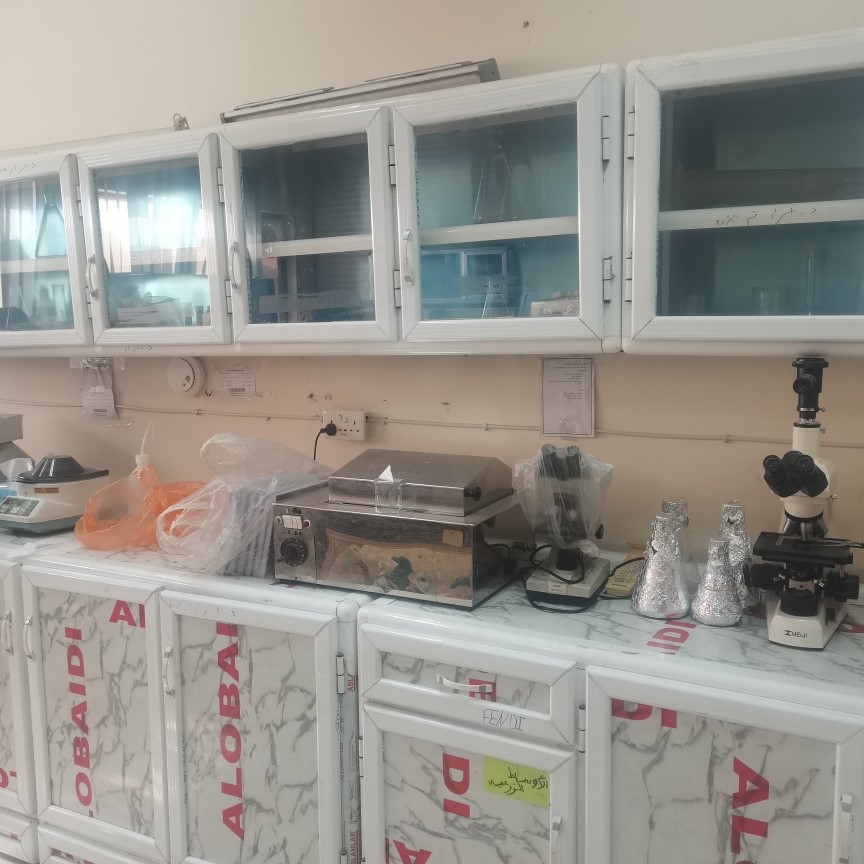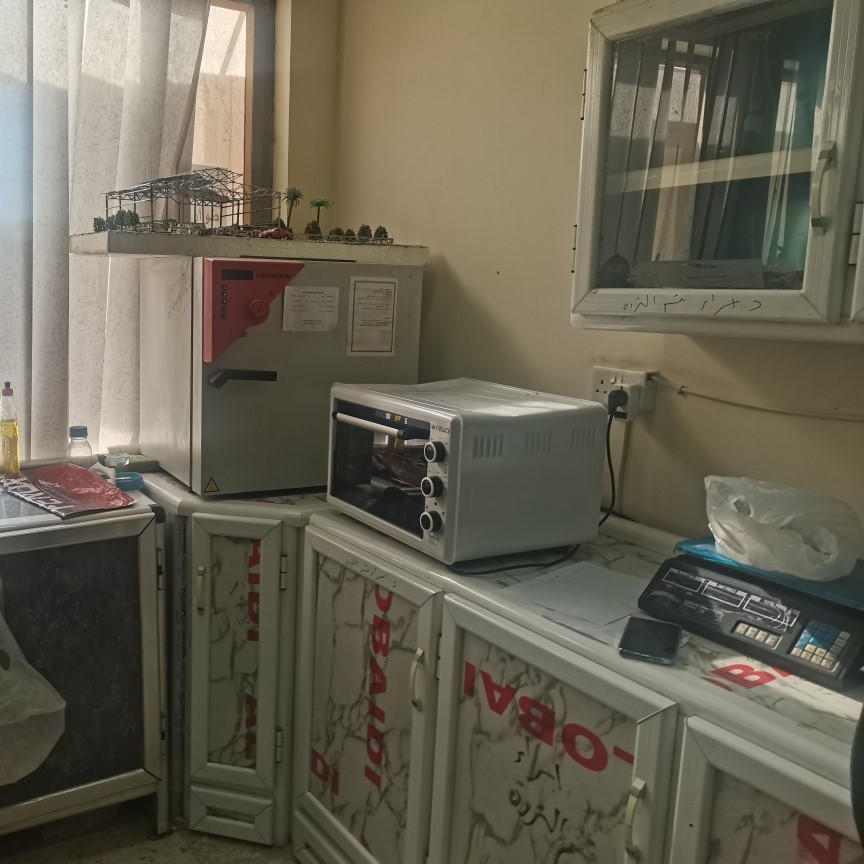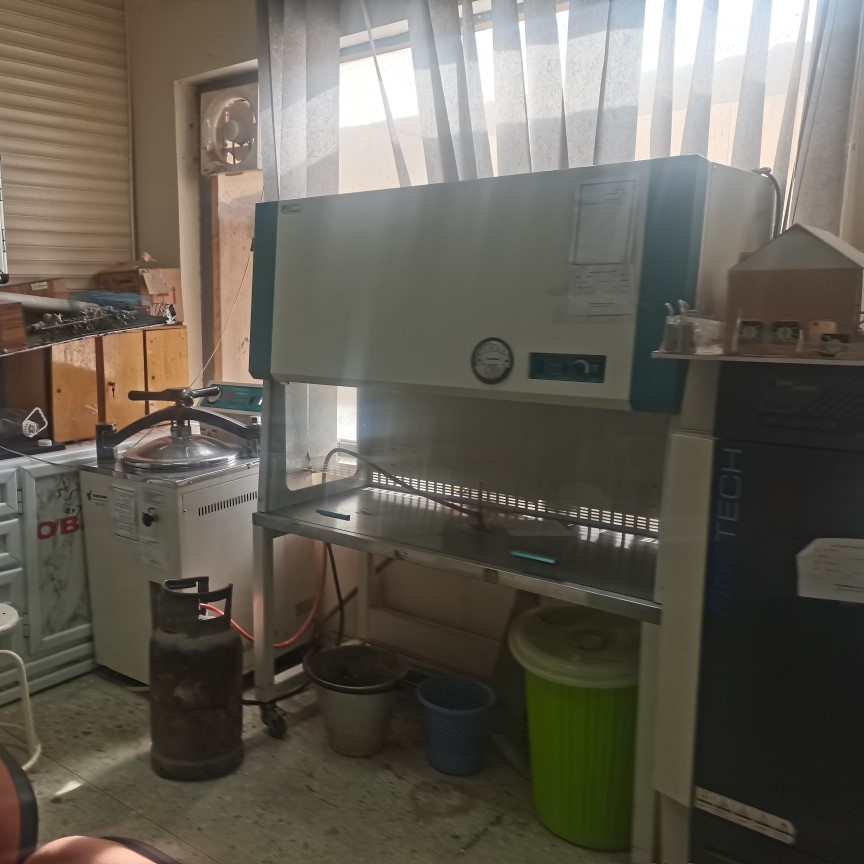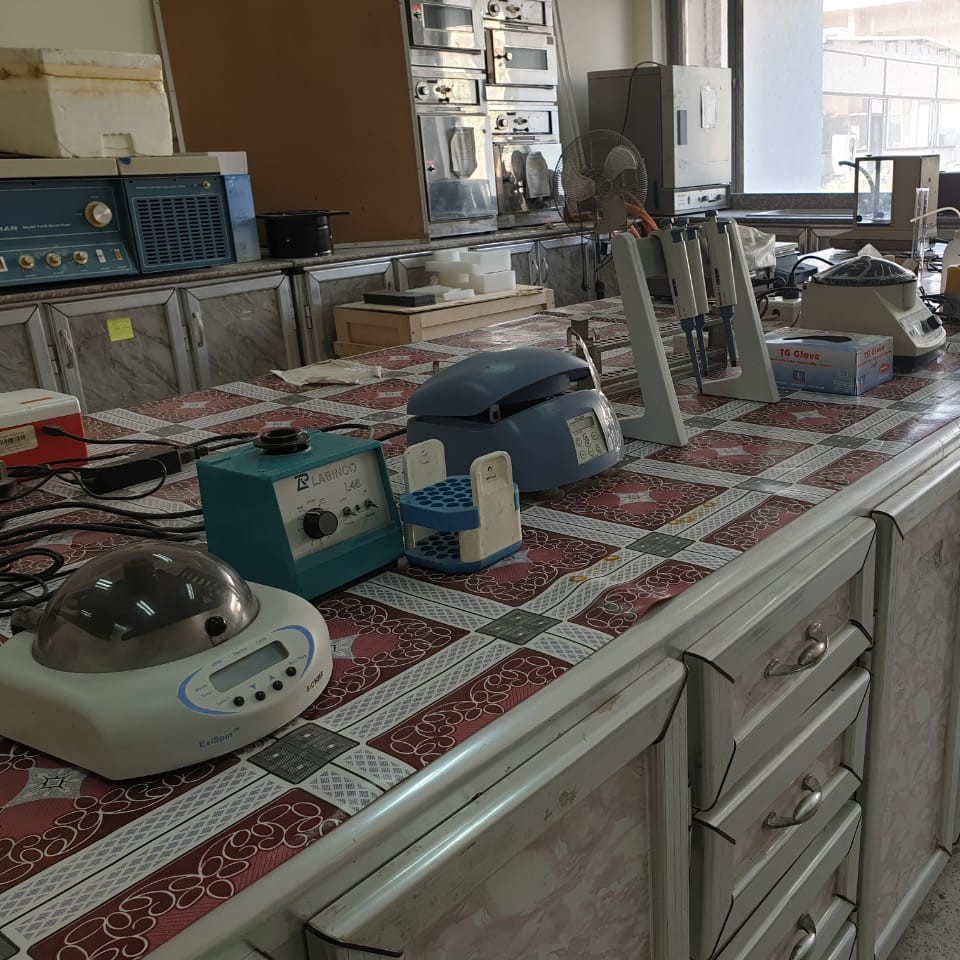Welcome to the Department of Animal Production Labs at the College of Agricultural Engineering Sciences. Our laboratories are dedicated to advancing scientific knowledge in livestock management, providing a specialized environment for high-impact Animal Science research. We aim to equip our students with practical skills in physiology, nutrition, and meat technology to support the local and international livestock industry.
The Department of Animal Production Labs plays a vital role in the academic mission of the College of Agricultural Engineering Sciences. Through our modern facilities, we foster innovation in Animal Science research, ensuring that our graduates are prepared to address contemporary challenges in animal health and production efficiency. Each lab is managed by experts to ensure the highest standards of scientific experimentation.
Below, you will find a comprehensive list of the specialized laboratories available within our department:
About the Lab
The laboratory is interested in the field of animal physiology and reproductive physiology. It is possible to conduct experiments related to the animal’s physiology, such as various blood tests, including red and white blood cell counts, differential white blood cell counts, ESR analysis, and hemoglobin. The laboratory is also interested in conducting experiments in the field of reproductive physiology, especially examining and analyzing semen and improving its quality by improving diluents. These are all examples, but not limited to them. The animal physiology laboratory contains many devices, the most important of which are a number of compound microscopes, a centrifuge, a water bath, a heater, a distillation device, and a hot plate device. The laboratory was established in 1952 so that undergraduate students would be the most important beneficiaries of the laboratory, as well as graduate students and faculty members later on.
Vision, Message, and Objectives of the Lab
Vision:
The laboratory’s future vision is summed up by graduating students who hold a bachelor’s degree in animal production and are familiar with all scientific and practical experiments and conducting laboratory analyzes in a way that qualifies them to work in governmental and private fields, as well as developing the spirit of scientific knowledge and what is new in laboratory analysis.
Supervisors have an ambition to enter the field of artificial insemination, transfer and production of embryos in farm animals because this work has a great impact in increasing the economic return of animal production projects.
The laboratory workers aspire to carry out graduation research for fourth-year students in the laboratory because of its great benefit in disseminating the scientific research completed in the department and increasing the students’ scientific knowledge.
Preparing courses in the laboratory to teach laboratory workers, as well as training agricultural cadres from all state ministries, as well as educators and owners of private fields.
Message:
Laboratory supervisors strive to provide all laboratory supplies, including modern equipment, various laboratory supplies, and laboratory safety and security conditions.
The laboratory’s mission also includes practical teaching for undergraduate students in the field of reproductive and animal physiology in practical lessons, conducting laboratory experiments, and writing scientific reports by the students. As well as presenting everything new and scientific about the latest scientific developments in the field of animal physiology and reproductive physiology. The supervisors and workers in the laboratory also aim to provide all services to postgraduate students (diploma, master’s, and doctorate) to conduct their scientific experiments in terms of various laboratory analyses.
Objectives:
The laboratory’s objectives are summarized as follows:
Training on the use of various laboratory equipment and methods of maintaining them.
Providing facilities for undergraduate and postgraduate students to carry out their scientific research and practical training.
Improving the level of research and the accuracy of the results obtained because of their major role in raising the scientific level of members of the department and college.
Guiding and investigating the appropriate and correct ways to complete laboratory analyzes in accordance with efficient professional safety standards.
About the Lab
The laboratory is capable of conducting nutritional analysis and digestion experiments on ruminant animals and poultry. It is equipped with several devices, including a hood, an incinerator, and a Kjeldahl apparatus.
The laboratory was established in 1952 to benefit undergraduate and postgraduate students, as well as faculty members.
Vision, Message, and Objectives of the Lab
About the Lab
Vision, Message, and Objectives of the Lab
About the Lab
Vision, Message, and Objectives of the Lab
About the Lab
Vision, Message, and Objectives of the Lab
About the Lab
Vision, Message, and Objectives of the Lab
About the Lab
Vision, Message, and Objectives of the Lab

